How The Brain’s Immune System Could Be Harnessed To Improve Memory

How the brain’s immune system could be harnessed to improve memory
When it comes to memory, immune cells are known as the “bad cops” of the brain. But new research shows they could also be turned into “good cops” to power memory and learning.
Inflammation can send the brain’s immune cells into damaging hyperdrive, and this has been linked to neurodegenerative diseases that affect memory, like dementia.
In the new study, researchers at RMIT found that these same immune cells – known as microglia – can also be activated to have the reverse effect.
When the microglia were altered in rats, their performance in simple memory tasks improved by up to 50%, rather than deteriorating.
While the effect was temporary, the discovery suggests these cells could be targeted in the development of new therapies designed to enhance memory formation, with the hope of preventing cognitive decline as people grow older.
Worldwide, around 50 million people have dementia, with nearly 10 million new cases each year. In Australia, dementia and ageing-related cognitive decline affect 9% of people aged over 65.
Chief Investigator and senior author, Associate Professor Sarah Spencer, said the unexpected results of the study expanded our understanding of memory formation and the role of neuroinflammation in memory loss.
“Cognitive decline is a big problem for our ageing population, and we currently have very few treatments to treat or prevent it,” Spencer said.
“Even in healthy adults, optimising how well we learn and remember can give us a substantial performance edge at work and socially.
“Our study has for the first time shown a link between changes in the immune cells of healthy brains and improved cognitive function.
“While it’s early days and a lot more research is needed, we hope our findings may lead to new therapies that can stimulate these immune cells to boost memory and keep our brains powering as we age.”

(Image caption: A magnified image showing the regenerated microglia. They have a similar shape to the “activated” shape that the brain’s immune cells have when dealing with inflammation. Credit: Alita Soch)
Activating memory with activated microglia
In the study, published in Journal of Neuroinflammation, the researchers worked with a unique type of rat to test the effect of microglia on cognitive function.
The study looked at how the rats performed memory tasks when the immune cells were present and compared this with their performance when almost all the microglia were knocked out.
They found that removing almost all the microglia made no difference in memory tasks.
But when the microglia regenerated, this led to astounding results: researchers ran the same memory tests on the rats and they performed 25-50% better than normal rats.
Importantly, the regenerated microglia were a different shape - similar to the “activated” shape that these cells have when dealing with inflammation.
“We are still exploring what makes these cells different when they repopulate the brain, but their shape tells us they may be more active than usual, potentially making the neurons more effective to encourage better memory,” Spencer, an NHMRC Career Development Fellow at RMIT, said.
“The effect doesn’t last. As the microglia go back to their usual shape, memory performance also goes back to normal.
“The next stage in the research is closely investigating these regenerated microglia to better understand the mechanisms at work, with the aim of finding ways to turn the temporary memory boost into a long-lasting effect.”
Microglia-suppressing therapies are currently being tested in clinical trials in the US, as potential treatments for Multiple Sclerosis.
“With our new understanding of the role of microglia in memory, it may be possible in future to test the therapies originally designed for MS and assess their potential in improving cognitive function as well,” Spencer said.
More Posts from Gatortavern and Others


Ohhhhh, well I will be picking this up to give to krok so he can have his actionmaster partner
Neat!

Crocodile or alligator? Neither! It’s the Yacaré caiman (Caiman yacare), a close relative of the alligator. This South American species can be found in wetland habitats in parts of Argentina, Brazil, and Paraguay where it feeds on fishes, including the fearsome piranha. However intimidating that may be, this up to 10-foot (3-meter)-long animal is still not at the top of the food chain. Powerful predators like jaguars and large snakes prey on the Yacaré caiman. Photo: Bernard DUPONT, CC BY-SA 2.0, flickr https://www.instagram.com/p/CGjL5FgARF9/?igshid=1ccrpr7grzr0v
Massive thanks to both @paranaturalpop and @mas-y-menos for helping me rediscover this gem of a fancomic! Gave me a serotonin boost like you wouldn't believe, and reignited some ideas for some stories! All the best to you both!

my prediction for whats gonna go down re: johnny developing ghost powers
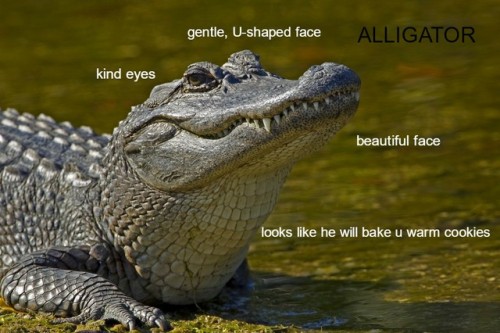
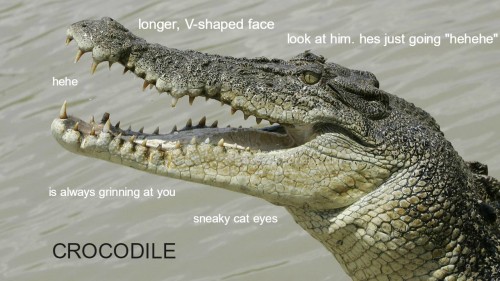
the differences between crocodiles and alligators in case u were not aware

Study clarifies mystery of crocodilian hemoglobin
The success of a croc’s ambush lies in the nanoscopic scuba tanks—hemoglobins—that course through its bloodstream, unloading oxygen from lungs to tissues at a slow but steady clip that allows it to go hours without air.
sulc.us/crochemo
ʀᴇᴍɪɴᴅᴇʀꜱ ꜰᴏʀ ᴡʀɪᴛᴇʀꜱ <3
it's okay to stray from your story. go write that short fic you can't take your mind off of! give you—and your characters—a break.
you! won't! always! make! your! word! count! -- you don't need to keep stretching sentences because the scene you finally got right is a hundred words too short. sometimes it's better that way.
the "rules" and "tips" are just ~guidelines~ (especially for people who like to swear by them) -- writing has no laws. especially first drafts. scrap the grammar, scrap the emotional tips, write it because it feels right, not because someone else says so.
every writer procrastinates. it's not easy being a writer.
take time off for yourself. the only thing harder than writing a story is to keep pushing it when you need a break the most. come back to it later. I promise there will be no dumpster fires when you're gone.
all writing is "real" writing. I don't think there's an explanation here?? fiction writers are writers. nonfiction writers are writers. fanfic writers are writers. (like how all reading is real reading!! in every format, too!)
it doesn't need to be perfect. honestly, it might never be. but it can be really close to it. if you're not satisfied with it, move on and come back when you're ready.
you are just as skilled as any bestselling author. remember that everything you read has been heavily edited by teams of people! their first draft could not even be as good as yours is now.
not using clichés is cliché. you will find one in any story. no one can bring you down for liking a certain trope. just because it's common doesn't mean it's bad!
no writer is fully well-rounded. dialogue will be easier to write for some, and description for others.
and, finally, no one knows what they're doing. trust me. we're all stumbling around blind here.
more medical tips to help with writing? more medical tips in general? yummy. please send more
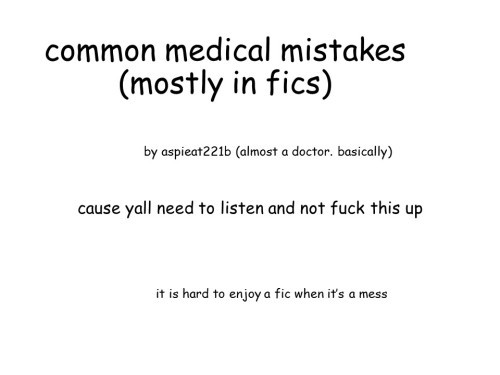
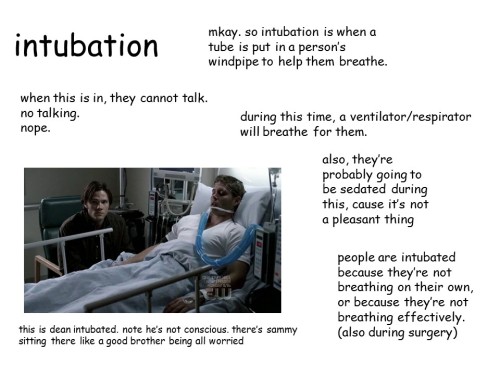
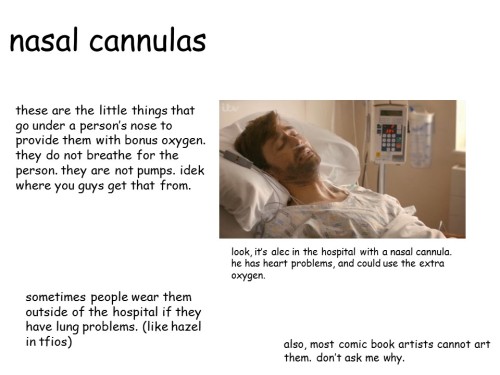
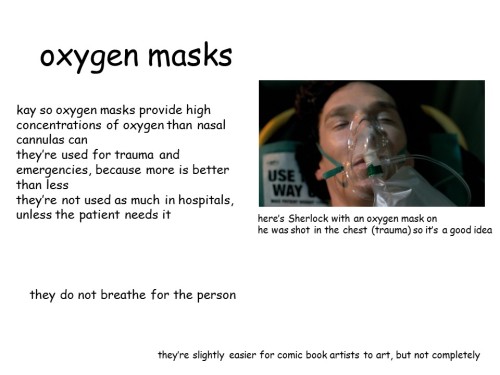


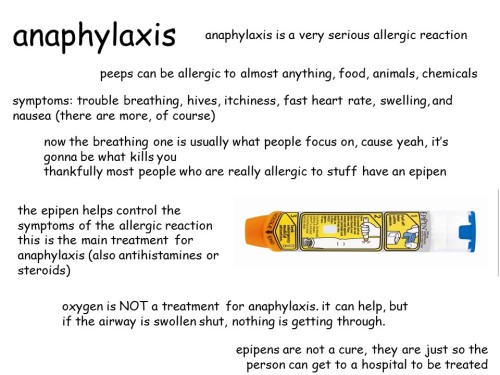
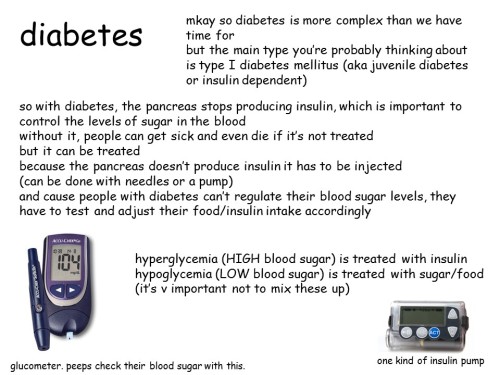
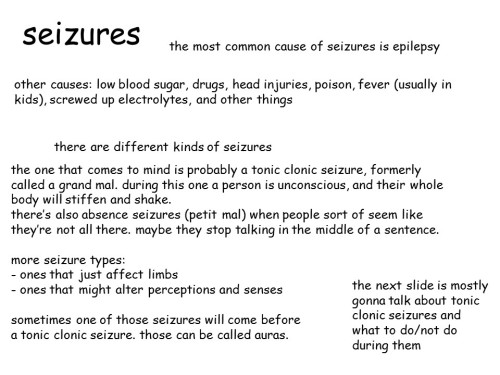
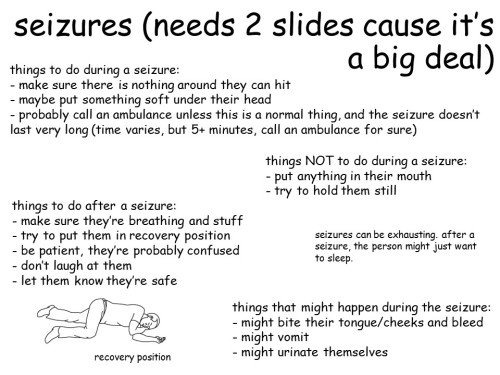
So I’ve noticed a bunch of medical errors in fics I read, so I decided to post this handy guide to some of the most common errors and some background on basic medical things.
ps- they are not medical treatment or first aid advice. I’m not actually a doctor. yet. but I am certified in first aid. this is just so your writing can be more realistic.
The merit of your writing.
So, you’ve read something that has resonated with you. It’s everything you’ve wanted in terms of characters, prose, plot and pace. It’s the best you’ve read in years. You reread your favourite lines. You have to take a break just to absorb every meticulously crafted line. You are in awe of how something so small can seem to take up so much space.
And in a perfect world, it would inspire you to go out and create. To work on that story that is languishing in your save files, to pick up that WIP you abandoned, to make you want to write something different and new and better.
Instead, it makes you feel inferior. The words are too good. You could never write like that. The characters are too perfect. You don’t have that insight. The story is too captivating. Your ideas are boring, cliche, plain. The insight is remarkable. You can barely string a thought together coherently.
Why even bother, you think.
Don’t fall into that trap. I have been there so many times. I have abandoned writing for years because of “why even bother”. I have let it destroy my confidence, only to patch it back up in a cheap imitation of what it once was, just to let it invade my thoughts again. I have questioned every thing I’ve written, every choice, every line, because why even bother if someone is so much better.
YOUR WRITING HAS MERIT. What you don’t realize is that it’s not in terms of better, but different. Different style, different story, different interpretation, different mind.
Someone out there will love the way you describe the night sky in poetry. Someone out there will love the way you describe the look on someone’s face when their heart breaks. Someone out there will love your idea, that strange one that seems impossible or already done, because it’s new and exciting or they love endless amounts of that same story. Someone out there will love your interpretation of that character, whether more gentle or bitter or broken or healed. Someone out there will love the words you write, the grandiose use of adverbs (my guilt) or the minimal scattering of dialogue. Someone out there will love your abundance or lack of something you saw in that story you so loved, the one that rendered you speechless and snuffed out your fire.
Someone out there will love your words. And you need to share them.
Speaking as a writer, no one sets out to create something to discourage others. No one wants to dominate their corner and be the only one there. No one wants to be alone in their craft. If they do, they are doing it for the wrong reasons. Speaking as a writer, I would never want you to read my writing and think, why bother.
I want you to think, why bother waiting?
Your story matters. Your writing matters. It’s beautiful and defined and gorgeous and a work in progress and growing and already there and insightful and mysterious: it all has merit.
Never stop. Never stop writing and practicing and doing and creating and learning and loving the words you weave.
You may think someone has done it more beautifully or better or too many times or never because who wants to read it?
They maybe have done all those things, but they lack one thing: they haven’t done it like you have.
Do you have any advice for writing an intense, overwhelming chase scene?
So, this is a little unusual, in that it's something I haven't really thought a lot about.
For a real world situation, the process is to identify or create an opening, and escape. Usually this advice is more focused for situations for situations where someone's cornered you.
Also, the real world advice is to avoid a chase if at all possible. You don't want to get into a situation where you're directly testing your endurance against your enemy.
As for writing a chase scene. This is one of those times when you want to be efficient with your words, keep things as concise as possible. When you get more verbose it “slows down” the scene because it is literally slowing your reader's progress down.
Chases can be very logistically intensive for you, simply because you need a fairly coherent mental image of how the locations in your story fit together. Maps can be extremely helpful for this, whether you choose to share them or not.
I don't think I've talked about this on the blog, maps can be very helpful for getting a concrete image of how your world is put together, though, they can also, easily, start soaking up more time than the value they offer. That said, even pretty crude maps could be very useful in planning a chase scene. This is one of the times when your world needs to lock together into a unified space, instead of being able to move characters between loosely connected locations.
If you want the reader to have a detailed mental image for the locations, then you should probably have them in those spaces before the chase. Though, this is a situation where some, “stock locations,” could work for you. Liminal spaces can work pretty well for this, because most of your readers are going to have a preexisting basis for understanding what those areas look like. For example: even if their image of an airport causeway is different from yours, you'll both be close enough to the same space that you shouldn't run into many problems where you need to define the entire area.
It's also worth considering that as the chase progresses, it's possible to get gradually more verbose. As mentioned above, this will slow the reader, and as a result the scene, but it can convey the loss of inertia as your character tires or finds themselves having to slow down because they're now in unfamiliar (and possibly unsafe) territory, without being extremely direct about your character's exhaustion. This is an area that can benefit from some pretty careful word selection to hint at fatigue without outright stating it.
I do apologize that this is all pretty high level, concept advice, and a lot of this can be applied in other contexts. And, a lot of the above advice are things to keep in mind for all of your writing, but chases do stress these specific parts of your writing and world building.
Beyond that, it's the normal advice: Remember your world is a living place, so other people would be going about their daily lives while the chase rampages through. Remember persistence consequences, such as prior injuries, or injuries inflicted during the chase. Chases might lead into situations where other kinds of consequences might become unexpectedly relevant, such as your character being forced to run through the territory of a gang they angered earlier in the story. This is an opportunity to bring in unexpected consequences. Even if you don't stick to it, at least have an initial idea for what you want from the chase, then let the sequence play out as you go. (Cleaning this up is what rewrites are for, but it is important to let the chase flow, before you go back and worry about cleaning it up.)
Like I said at the beginning, this is something I don't generally think about, so it's been a bit before I could get back to this question, and I hope this helps.
-Starke
This blog is supported through Patreon. Patrons get access to new posts three days early, and direct access to us through Discord. If you’re already a Patron, thank you. If you’d like to support us, please consider becoming a Patron.
-
 tbonen2u-blog liked this · 3 years ago
tbonen2u-blog liked this · 3 years ago -
 creakling reblogged this · 4 years ago
creakling reblogged this · 4 years ago -
 hobicchi liked this · 4 years ago
hobicchi liked this · 4 years ago -
 famousshoethingrascal liked this · 4 years ago
famousshoethingrascal liked this · 4 years ago -
 babygirlpoppy reblogged this · 4 years ago
babygirlpoppy reblogged this · 4 years ago -
 babygirlpoppy liked this · 4 years ago
babygirlpoppy liked this · 4 years ago -
 supernano33 liked this · 4 years ago
supernano33 liked this · 4 years ago -
 joyfulfriendponybagel liked this · 4 years ago
joyfulfriendponybagel liked this · 4 years ago -
 juano83 liked this · 4 years ago
juano83 liked this · 4 years ago -
 juano83 reblogged this · 4 years ago
juano83 reblogged this · 4 years ago -
 comtedemoney liked this · 4 years ago
comtedemoney liked this · 4 years ago -
 heartbreak-on-a-plate reblogged this · 4 years ago
heartbreak-on-a-plate reblogged this · 4 years ago -
 emotionaldumblion liked this · 4 years ago
emotionaldumblion liked this · 4 years ago -
 theobserver00 liked this · 4 years ago
theobserver00 liked this · 4 years ago -
 lady-dora-ta-hey liked this · 4 years ago
lady-dora-ta-hey liked this · 4 years ago -
 satukurva liked this · 4 years ago
satukurva liked this · 4 years ago -
 caspergrx liked this · 4 years ago
caspergrx liked this · 4 years ago -
 lisy09 liked this · 4 years ago
lisy09 liked this · 4 years ago -
 raewhitewolf liked this · 4 years ago
raewhitewolf liked this · 4 years ago -
 closed-third-eye liked this · 4 years ago
closed-third-eye liked this · 4 years ago -
 selachus liked this · 4 years ago
selachus liked this · 4 years ago -
 mjalti liked this · 4 years ago
mjalti liked this · 4 years ago -
 zeneuroqueen liked this · 4 years ago
zeneuroqueen liked this · 4 years ago -
 deafeningpapershark reblogged this · 4 years ago
deafeningpapershark reblogged this · 4 years ago -
 deafeningpapershark liked this · 4 years ago
deafeningpapershark liked this · 4 years ago -
 mispopopo liked this · 4 years ago
mispopopo liked this · 4 years ago -
 idkmyspiritanimal liked this · 4 years ago
idkmyspiritanimal liked this · 4 years ago -
 rukasudark liked this · 4 years ago
rukasudark liked this · 4 years ago -
 loopf liked this · 4 years ago
loopf liked this · 4 years ago -
 thekingdomofwelcomeaddiction liked this · 4 years ago
thekingdomofwelcomeaddiction liked this · 4 years ago -
 49n70 liked this · 4 years ago
49n70 liked this · 4 years ago -
 scandalin liked this · 4 years ago
scandalin liked this · 4 years ago -
 mourza liked this · 4 years ago
mourza liked this · 4 years ago -
 redrumrook liked this · 4 years ago
redrumrook liked this · 4 years ago -
 thatrenaissanceguy liked this · 4 years ago
thatrenaissanceguy liked this · 4 years ago -
 lazilyherphilosopher reblogged this · 4 years ago
lazilyherphilosopher reblogged this · 4 years ago -
 lazilyherphilosopher liked this · 4 years ago
lazilyherphilosopher liked this · 4 years ago -
 lookupatthedistantsky liked this · 4 years ago
lookupatthedistantsky liked this · 4 years ago -
 nahiizabelitah2 liked this · 4 years ago
nahiizabelitah2 liked this · 4 years ago -
 leftfootism liked this · 4 years ago
leftfootism liked this · 4 years ago -
 evocarti liked this · 4 years ago
evocarti liked this · 4 years ago -
 bandit1a reblogged this · 4 years ago
bandit1a reblogged this · 4 years ago -
 bandit1a liked this · 4 years ago
bandit1a liked this · 4 years ago

A Cozy Cabana for Crocodiles, Alligators and their ancestors. -fan of the webcomic Paranatural, Pokemon, Hideo Kojima titles -updates/posts infrequently
237 posts
